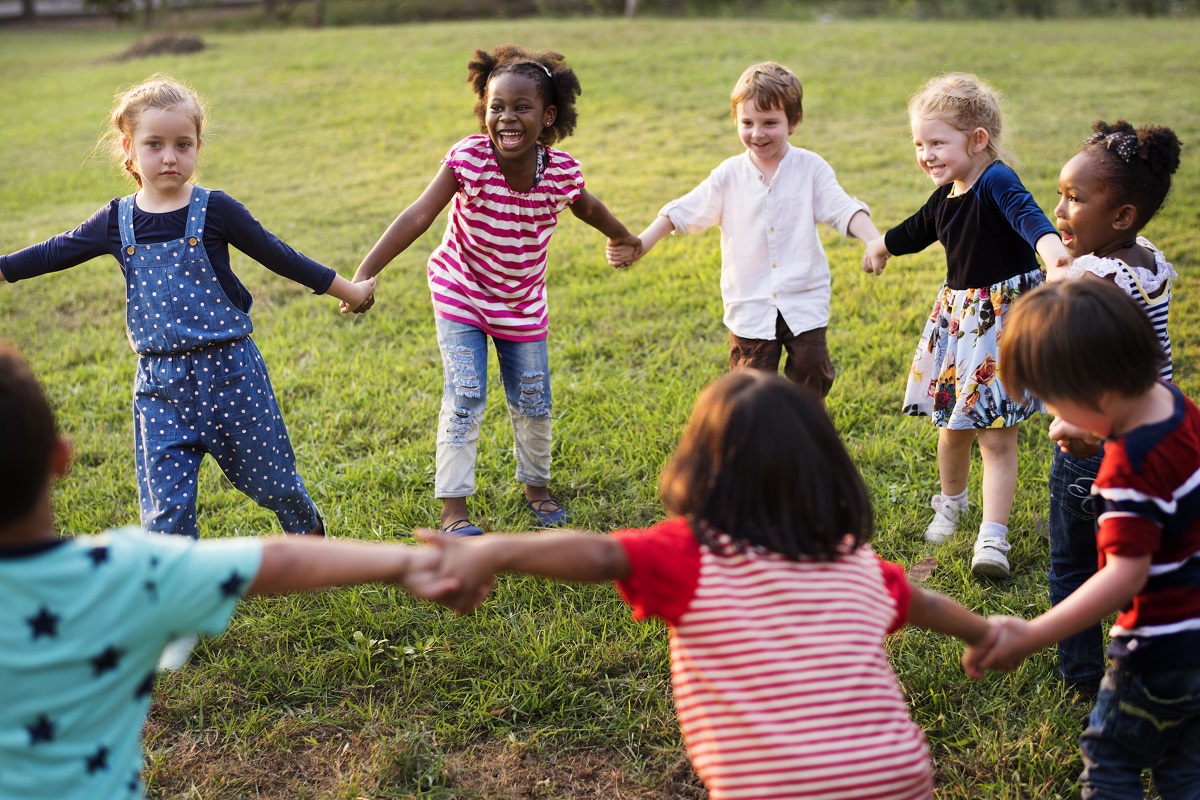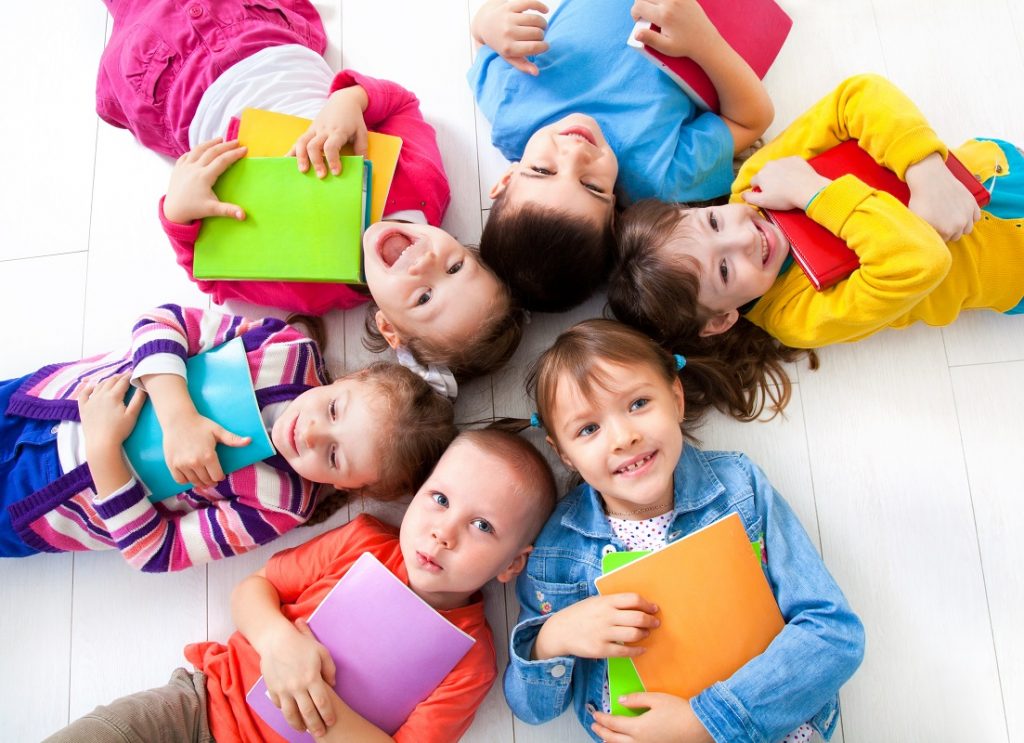- Fostering early learning cultivates successful kids who are curious and eager to acquire new knowledge.
- Creating a learning-friendly environment with resources for exploration encourages children’s natural curiosity and learning.
- Introducing books, educational games, and play-based learning makes education enjoyable and continuous.
- Traditional public, private, and charter schools offer diverse learning environments for lifelong learners.
- Holistic education, including PBL, outdoor learning, and creative arts, nurtures well-rounded learners.
Learning is a lifelong process that should begin as early as possible. It is never too early to start fostering a love for learning in children. Studies show that children exposed to learning at a young age become successful adults who continuously seek knowledge and new skills.
Children exposed to learning at an early age develop a love for education. When the passion for education is instilled in children, it helps them become curious, ask questions, and develop a thirst for knowledge.
As they grow, they will seek learning opportunities and pursue their goals with the mindset that they can continually improve and learn new skills. Fostering a love for lifelong learning in children is crucial for their future success.
Creating a Learning-Friendly Environment
Creating a learning-friendly environment is the first step in fostering a love for lifelong learning in children. A learning-friendly climate should be a safe, stimulating space with appropriate resources for exploration.
Encouraging Curiosity Through Exploration and Play
Children are naturally curious, and play is their primary mode of learning. Parents can encourage children’s curiosity by providing opportunities for exploration and play.
Toys and games that encourage problem-solving, building, and creativity are essential to a child’s development, and fun and activities that encourage children to learn. At the same time, play can be an excellent way to foster continuous learning.
Incorporating Books, Educational Games, and Resources
Books, educational games, and resources are essential for lifelong learning; parents can provide them without compromising the fun factor.
Parents can regularly expose children to different books and subjects, making learning enjoyable. Educational games and resources can help children learn exciting and relevant skills, even on vacation.
School Types for Lifelong Learning
There are different types of schools where lifelong learners can thrive. Let’s explore three of the most popular ones:
Traditional Public Schools
Traditional public schools are publicly funded and usually run by the government. They aim to provide a high-quality education to all students, regardless of their background or socio-economic status.
Moreover, traditional public schools often have a diverse student population and provide opportunities for students to engage in extracurricular activities such as sports, music, and clubs.
Private Schools
Private schools are independently funded and operate outside the public education system. They often have a smaller student population and a more selective admissions process. It offers a more specialized curriculum and a more personalized learning experience.
Public Charter Schools
Public charter schools are publicly funded but operate independently of the traditional public school system. In addition, a reliable public charter school has a strong curriculum, qualified teachers, and a supportive learning environment.
Students benefit from personalized instruction, a diverse group of peers, and interactive learning experiences, all of which contribute to fostering a love for learning.

Holistic Approaches to Education
A holistic approach to education means that the child’s mind, body, and soul are considered in learning to create a well-rounded education experience.
It encourages all domains of a child’s growth, including physical, emotional, social, and intellectual development.
Project-Based Learning (PBL)
Project-based learning, known as PBL, is a problem-based teaching technique that allows children to learn through sustained inquiry and exploration.
PBL is an active learning model that empowers students to create their projects with the guidance of an instructor. It is an effective method for developing critical thinking, collaboration, and problem-solving skills.
Outdoor and Nature-Based Learning
Learning in a natural environment fosters an appreciation for nature and can help children develop an understanding of environmental issues.
Parents can take their children on outdoor activities like hiking, visiting a park, or even camping activities. Such experiences can help children develop an appreciation for nature and help instill respect for the environment.

Arts and Creative Expression
Arts and creative expression are critical in fostering a love for learning. They help children develop creativity, critical thinking, empathy, and social skills. Parents can encourage their children’s love for creativity by providing opportunities for them to attend art exhibitions, performances, music concerts, and dance.
Fostering a love for lifelong learning in children is crucial for their future success.
By creating a learning-friendly environment, encouraging curiosity, incorporating books, educational games, and resources, and considering holistic approaches to education, project-based learning, outdoor and nature-based learning, and arts and creative expression, parents can help children develop a love for learning that will last a lifetime.
When children enjoy learning, they are more likely to explore and ask questions, essential skills that can lead them to success.



